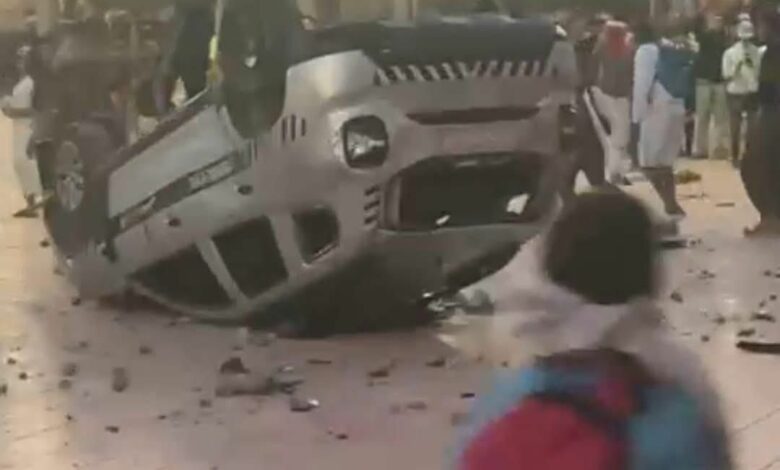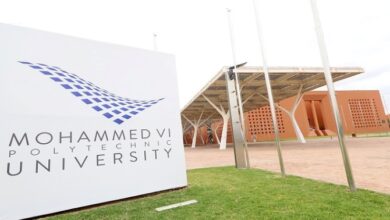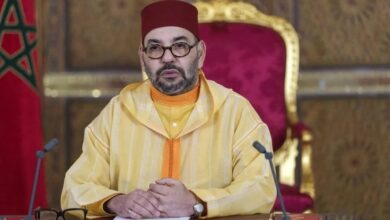A Generation of Gangs Hijacks Gen Z Protests… The Risk of Deviation

ALDAR/ Sara El Oukili
What began in Morocco as a peaceful youth movement led by Generation Z to voice legitimate social demands quickly turned, in some areas, into a scene of dangerous disorder. Gangs of delinquents and criminals infiltrated the ranks of protesters, exploiting the popular momentum and street chaos to commit acts of looting, theft, assault, and attacks against security forces.
These practices bear no relation to the real demands of young people; rather, they risk shifting the debate from reform and social justice to a purely security-centered priority.
Even more alarming is that these gangs are not acting spontaneously. Evidence suggests they are organized, driven by criminal agendas, and perhaps even backed by hidden hands investing in chaos to undermine internal stability and tarnish Morocco’s image abroad—particularly at a sensitive moment when the country is banking on major milestones such as hosting the Africa Cup of Nations and promoting its development model.
So, what is the solution to this complex situation? First, it is essential to distinguish between peaceful protesters—who have clearly expressed legitimate demands—and destructive groups riding the wave of popular anger. Second, a dual strategy is required: a firm security response to deter delinquents and gangs exploiting unrest, and a smart socio-political approach to rebuild trust with the youth and open new channels of dialogue.
Persisting in conflating youthful demands with organized gangs could mean losing direction altogether. Generation Z needs official recognition and tangible responses to its aspirations, while gangs require strict judicial confrontation.
The real challenge, therefore, lies in striking the balance between safeguarding stability and protecting the right to peaceful protest, while shutting the door on anyone seeking to turn the streets into a stage for chaos or destruction.





